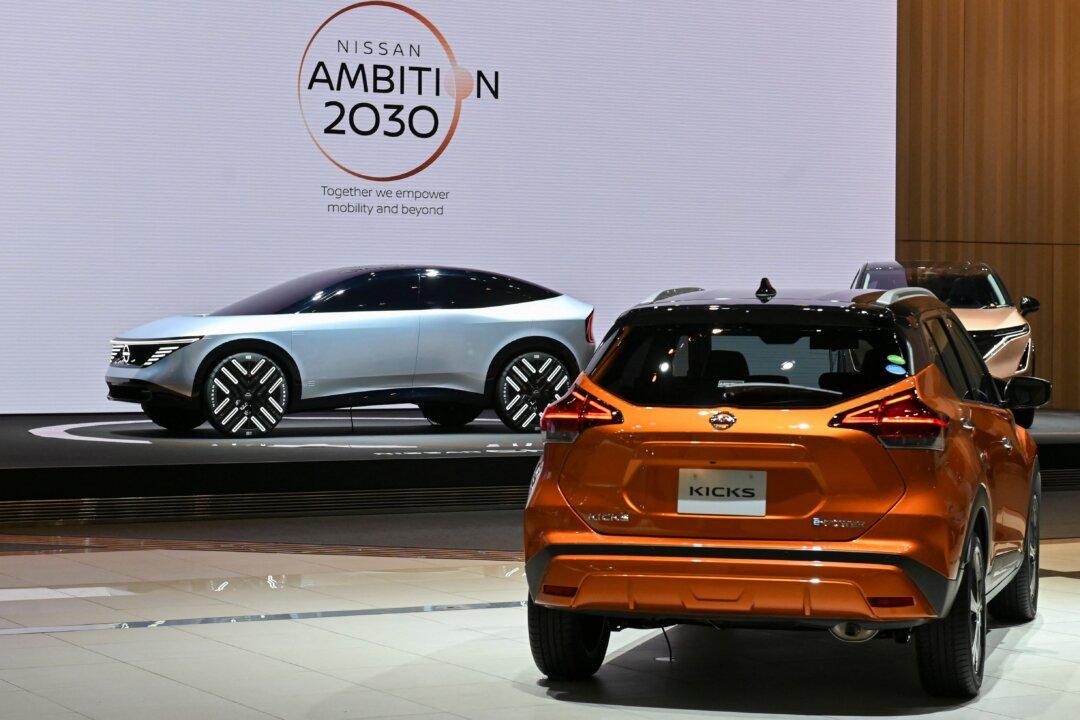Japan and South Korea have called on the United States to ease restrictions on electric vehicles (EVs) tax credits, citing the adverse impact of the Inflation Reduction Act (IRA) on foreign automakers.
The IRA was signed into law by the Biden administration on Aug. 16. Japan said that certain provisions of the IRA would deter Japanese companies from investing in the EV market, thereby affecting investment and employment in the United States.





